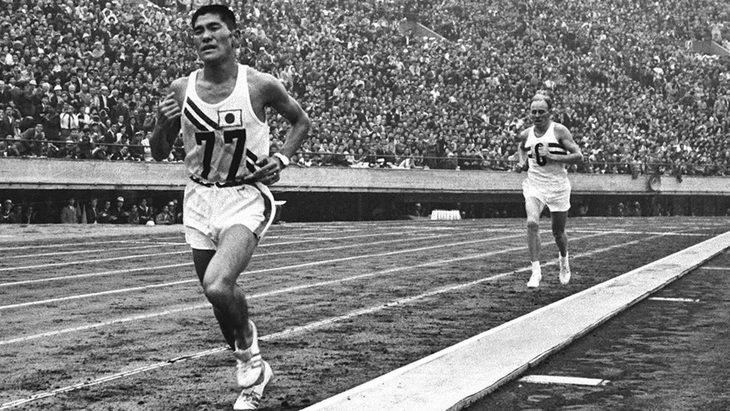A Japanese athlete lived the weight of expectations, leading his story to a tragic outcome.
depressiona disease that affects millions of people around the world, can deeply impact athletes facing the pressure of competition. In the Olympics, Where dreams of glory mix with stress, lack of proper support can lead to devastating situations.
The content you want to access is exclusive to subscribers.
A tragic example in sports history is that of Japanese marathon runner Kokichi Tsuburayawho despite his success in Olympic competition, suffered an internal struggle that led to a heartbreaking end. This case shows how the lack of an emotional support network can turn a victory into a personal tragedy. According to the World Health Organization approximately 280 million people suffer from depression, an alarming figure that shows the seriousness of this problem.


Kokichi Tsuburaya.webp

Kokichi Tsuburaya the athlete who after reaching bronze in the Olympic Games felt that his sports career and life had no meaning
The story of Kokichi Tsuburaya, the marathon runner who had a tragic end
Tsuburaya represented Japan in the Tokyo Olympics 1964, a historic edition for the country, since these Games marked its return to the international scene after the Second World War. In the marathon race, the Japanese athlete arrived at the Olympic Stadium in third position, being surpassed in the last meters by the British Basil Hatley. Despite obtaining the bronze medal, this defeat in the last moments deeply marked the athlete who felt that all his effort had not been worth it because his goal was Olympic gold and silver.
The bronze medal, although celebrated by the Japanese public, was not enough to calm the dissatisfaction of Tsuburaya, who considered that he had failed his country. Japan, in the midst of reconstruction after the war, He saw in his athletes symbols of hope and redemption. Tsuburaya, with a deeply rooted sense of honor, took on that pressure as a personal burden, convinced that his mission was to win gold in the Mexico Olympic Games in 1968.
However, the years after Tokyo 1964 were not easy for the athlete. His physical health began to deteriorate and his preparation for the next Games became a race against time and against his own body. Despite his dedication, Injuries and psychological pressure kept him from his goal. Expectations were high, but his body was no longer responding like before, which further aggravated his mental state.
In January 1968, just months before participating in the Mexico Games, Tsuburaya took the tragic decision to take his own life. They found him clinging to his bronze medal, the symbol of an achievement that was never enough for him. His death shook the sports world and left a devastating message about the effects of untreated depression and the relentless pressure that elite athletes can suffer.
Source: Ambito
I am an author and journalist who has worked in the entertainment industry for over a decade. I currently work as a news editor at a major news website, and my focus is on covering the latest trends in entertainment. I also write occasional pieces for other outlets, and have authored two books about the entertainment industry.




